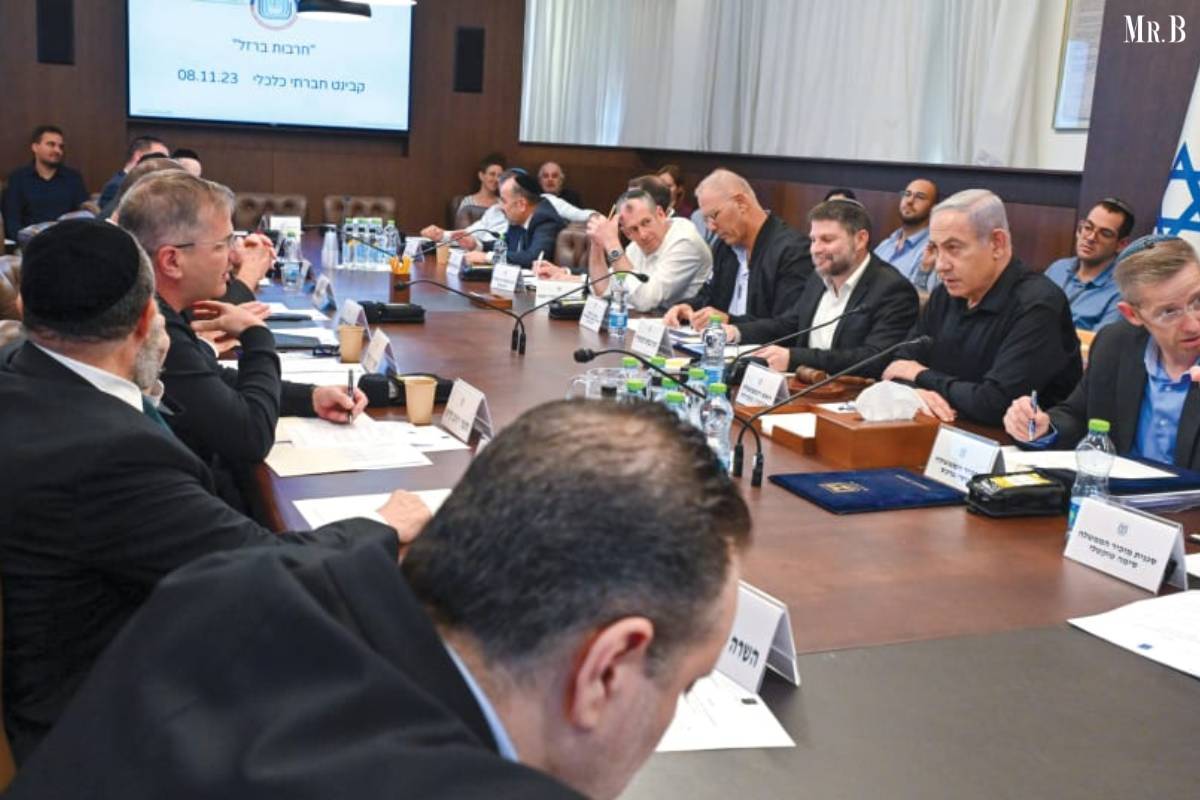As Israel navigates through its current Economy challenges, the anticipation of the “day after” unveils a complex social and economic landscape that demands attention. Moody’s recent announcement of downgrading Israel’s credit rating to 2A, a first-time occurrence, along with a negative rating forecast, amplifies the economic hurdles ahead. This economic predicament underscores the necessity for efficient allocation and utilization of public funds to foster economic recovery and growth. The diversity within haredi society presents multifaceted economy challenges that demand nuanced solutions. Varied ideologies, educational philosophies, and approaches to employment underscore the need for tailored interventions that resonate with each subgroup. Despite a demonstrated willingness to enter the workforce, barriers such as access to suitable job opportunities and relevant skills training persist.
Maximizing Resource Utilization for Economic Rehabilitation
In response to the economic downturn, a strategic reevaluation of resource allocation is imperative. Public funds must be leveraged effectively to yield maximum returns, facilitating economic revitalization and societal progress. Initiatives aimed at integrating special population groups into the labor market emerge as pivotal tools in steering the economy towards resurgence amidst crisis. Specifically, the integration of haredi society into the workforce requires a nuanced approach, necessitating the adaptation and enhancement of existing strategies to address diverse community needs. Effective integration efforts require collaboration between government agencies, community leaders, and private stakeholders to develop comprehensive support mechanisms. Investments in education, vocational training, and entrepreneurship programs tailored to haredi needs can unlock untapped potential and foster economic empowerment within the community.
Overcoming Challenges in Haredi Workforce Integration due to economy challenges
Efforts to integrate the haredi community into the workforce have encountered persistent challenges, despite evident willingness and motivation among individuals to participate. The complex nature of haredi society, characterized by diverse sub-groups with varying ideologies and educational backgrounds, poses unique obstacles to workforce integration efforts. While studies indicate a strong desire for employment within the haredi community, bridging the gap between aspiration and realization necessitates tailored approaches that acknowledge and address the multifaceted dynamics within haredi society. Moreover, initiatives that promote cultural sensitivity and religious accommodation in the workplace are essential for creating inclusive environments conducive to haredi workforce participation.
Overcoming the economic challenges facing Israel necessitates innovative approaches to harness the potential of all segments of society. By addressing the complexities within haredi society and implementing targeted interventions, Israel can capitalize on its diverse human capital and drive sustainable economic growth and social development.
Curious to learn more? Explore this News on: Mr. Business Magazine







